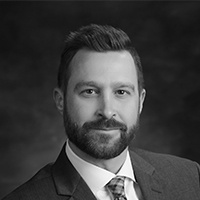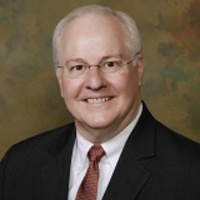Roanoke Collection Lawyer, Louisiana
Sean Matthew Stockstill
✓ VERIFIEDReal Estate, Wills & Probate, Estate, Trusts, Collection
Mr. Stockstill graduated from Louisiana State University (B.A. 2005) and Louisiana State University Law Center (J.D./D.C.L. 2009). Admitted to the Lo... (more)
William S Sandoz
✓ VERIFIEDBankruptcy & Debt, Collection, Credit & Debt, Estate, Wills & Probate
W. Simmons "Sim" Sandoz – the fourth-generation family attorney – who upon graduating from Loyola University Law School of New Orleans in 1977, jo... (more)
J. David Andress
✓ VERIFIEDBankruptcy & Debt, Consumer Protection, Credit & Debt, Bankruptcy, Collection
J. David Andress is a 1999 graduate of LSU, where he earned a Bachelor of Science degree in Microbiology and a Bachelor of Arts degree in History. He... (more)
FREE CONSULTATION
CONTACTGeorge Joseph Armbruster
Litigation, Collection, Car Accident, Business & Trade
Status: In Good Standing Licensed: 30 Years




